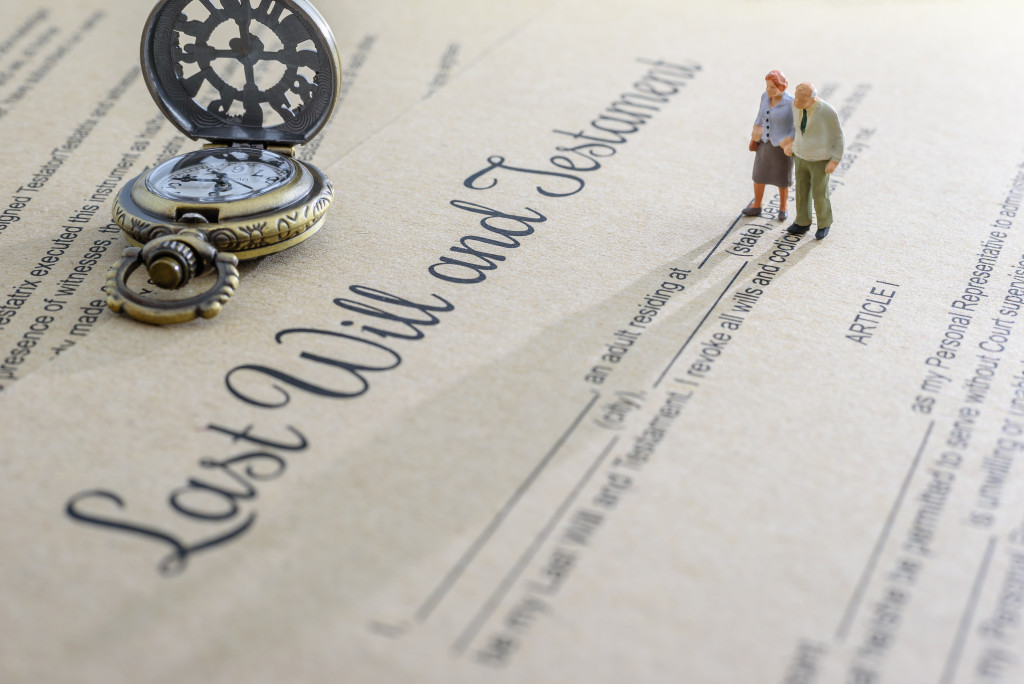Intestacy can be a difficult topic to think about, but it’s essential to understand what it is and how to avoid it. Intestacy refers to the condition of a person’s estate when they die without a valid will. If you die intestate, your estate will be distributed according to the laws of intestacy in your state.
This may not reflect your wishes, so it’s crucial to take steps to avoid intestacy and ensure that your estate is distributed as you wish.
Various Ways to Avoid Intestacy
There are several ways to do this, including making a will, setting up a trust, and naming beneficiaries on your retirement accounts and life insurance policies. You can also talk to an estate planning attorney to learn more about these and other methods of avoiding intestacy. Here’s a quick overview of each:
Making a Will
A will is a document that allows you to specify how you want your estate to be distributed after your death. It’s essential to make sure your will is up-to-date and reflects your current wishes, and it’s also vital to keep a copy of the will in a safe place.
Setting Up a Trust
A trust is a legal arrangement that allows you to transfer assets to a trustee, who will then manage and distribute those assets according to your wishes. That’s why you should choose your trustee wisely. This can be a helpful way to avoid intestacy, especially if you have children or other dependents.
Naming Beneficiaries on Retirement Accounts and Life Insurance Policies
If you have retirement accounts or life insurance policies, you can name beneficiaries who will receive those assets after your death. This is another helpful way to avoid intestacy and ensure that your assets are distributed according to your wishes.
Talk to an Estate Planning Attorney
If you want more information about avoiding intestacy and ensuring that your estate is distributed as you wish, talk to an estate planning attorney. They can provide more detailed information about the options available to you and help you create a plan that’s right for your needs.
Why Should You be Worried About Intestacy?
While intestacy may not seem like a big deal, it can cause some significant problems. If you die intestate and don’t have any children or other dependents, your estate will likely be distributed to your closest relatives, even if they’re not the people you would have chosen.
Additionally, if you die intestate and don’t have a will, the state will make all the decisions about how your estate is distributed, which can lead to some unwanted outcomes. If your family decides to contest the state’s decision, they need a reliable probate attorney to help them with their case.
Nowadays, it’s relatively easy to reach probate firms online with sites like keystone-law.com, where people can find reliable and affordable legal services. However, intestacy can also be costly; it’s crucial to take action and avoid this condition if possible.
The Consequences of Not Having a Will
Even if you don’t have any children or other dependents, it’s still a good idea to make a will. This is because if you die without a will, the state will decide how your estate is distributed, which can lead to some unwanted outcomes. Here are some consequences of not having a will:
Your assets may not be distributed the way you want them to be
If you die without a will, the state will decide how your assets are distributed. This may not reflect your wishes, and it can lead to conflict among your family members. Aside from that, your assets may not be distributed advantageously for you or your loved ones.
Your estate may be distributed to people you don’t want to receive it
If you die without a will, the state will decide who receives your estate. This may not be the people you would have chosen, and it can cause a lot of conflict among your loved ones. Suppose you have a relative you don’t get along with — they may receive a portion of your estate if you die intestate.
Your heirs may have to go through probate
Your estate will have to go through probate if you die without a will. This is a process where the court determines who receives your assets. It can be expensive and time-consuming, and it can cause a lot of conflict among your family members. So, if you want to avoid all this drama, it’s best to make a will.
That’s why it’s essential to take steps to avoid intestacy and ensure that your estate is distributed according to your wishes. You can prevent these consequences and ensure that your loved ones are taken care of in your untimely demise.


